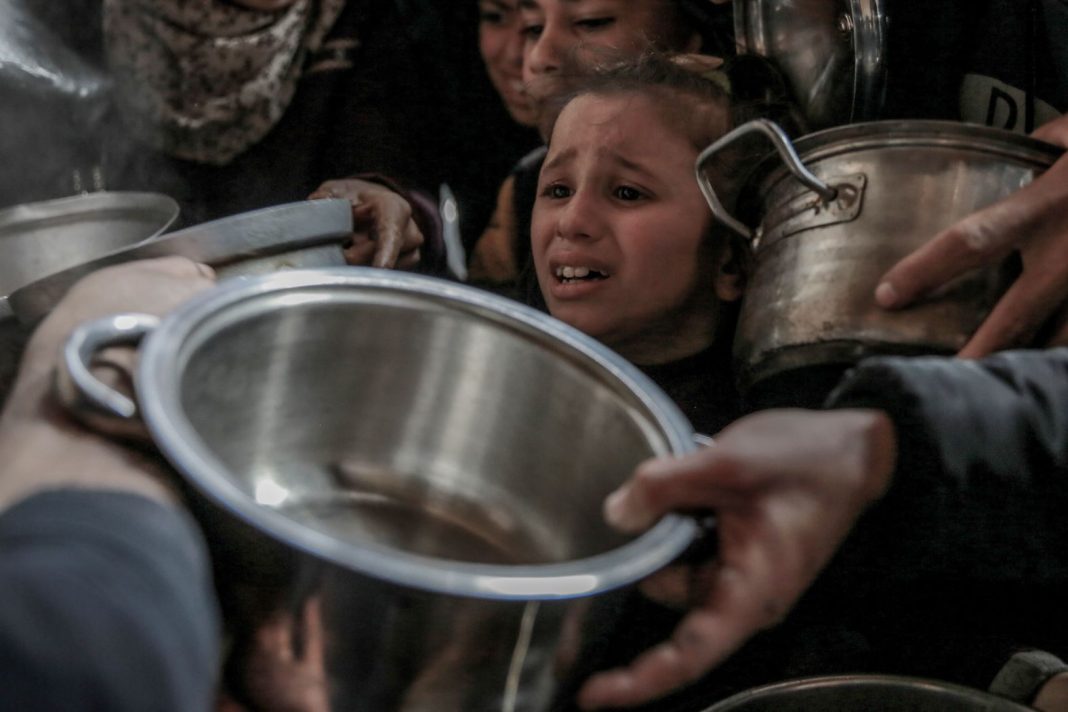In an interview with NBC News set to air on Sunday, Cindy McCain said that her remarks are based on what the WFP has seen and experienced on the ground. UN officials and aid agencies have for months warned of such a scenario.
“It’s horror. It’s so hard to look at and it’s so hard to hear,” McCain told the US broadcaster’s Meet the Press programme.
“What we are asking for and what we continually ask for is a ceasefire and the ability to have unfettered access, to get in safe through the various ports and gate crossings,” she added, according to a video clip of the interview.
On Saturday, a delegation from Palestinian group Hamas was in Egypt to continue negotiations on a ceasefire amid an uptick in international pressure for a deal to be reached.
Hamas’s spokesman Osama Hamdan said there had been “some forward steps”.
Yet Israel has threatened to launch its ground invasion of Rafah in the southernmost tip of the enclave, which is home to more than 1.4 million displaced Palestinians who have fled the Israeli military’s relentless bombardment in other parts of the Gaza Strip.
Israel has severely restricted the entry of critical humanitarian supplies into Gaza despite warnings from its allies and the United Nations of a looming famine in parts of the Palestinian territory. Its military has also repeatedly attacked and killed Palestinian civilians waiting to collect aid in the Strip.
This week it reopened the Beit Hanoon (Erez) crossing into northern Gaza, but Israeli settlers attacked two aid convoys sent by Jordan. The UN has announced the amounts remain insufficient to meet the vast and growing needs of Gaza’s starving population.
The UN-backed Integrated Food Security Phase Classification has previously warned that more than 70 percent of Gaza’s 2.3 million population is facing “catastrophic hunger” any time between mid-March and May.
On Saturday, Gaza’s Ministry of Health said at least 34,650 Palestinians have been killed and 77,900 wounded in Israeli attacks on Gaza since October 7.
